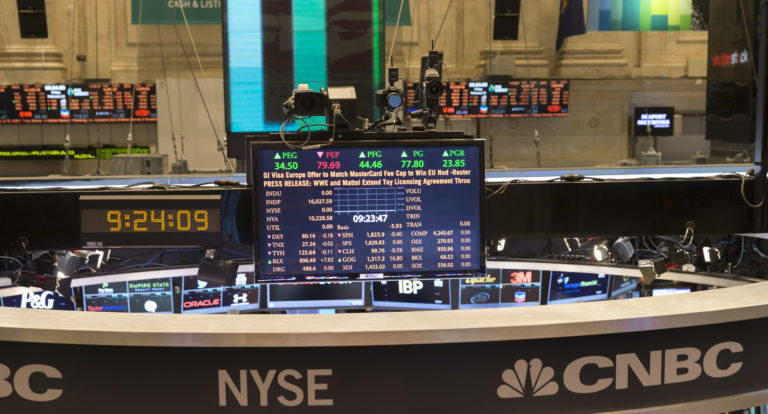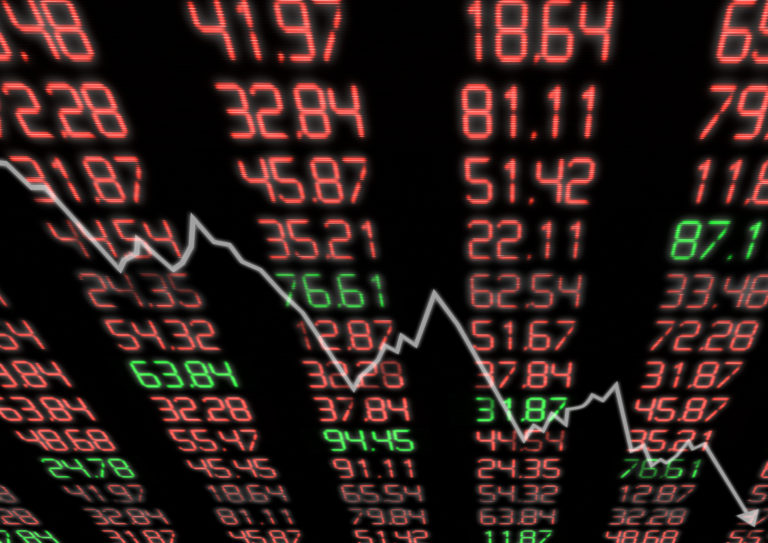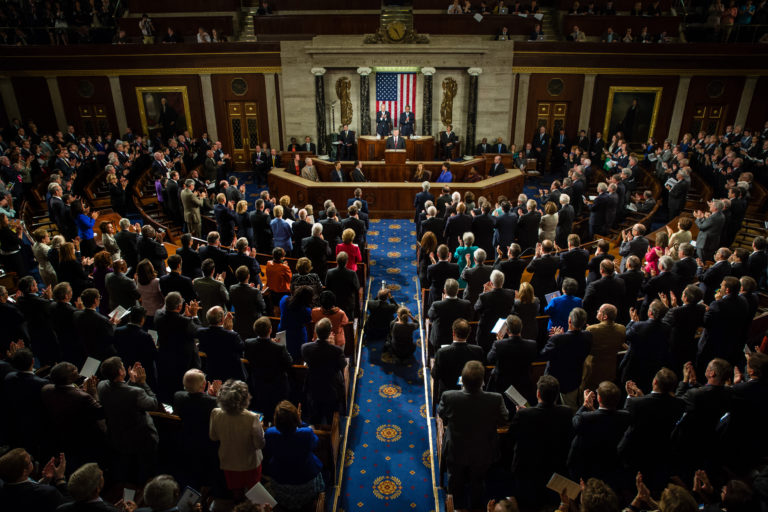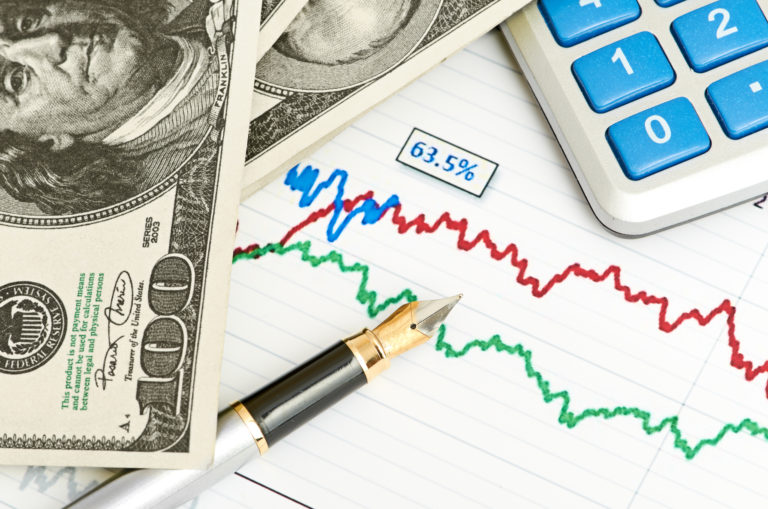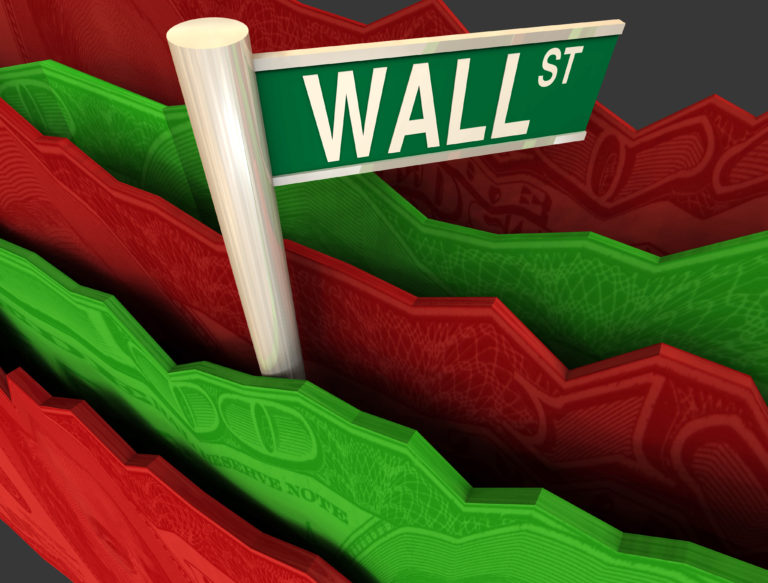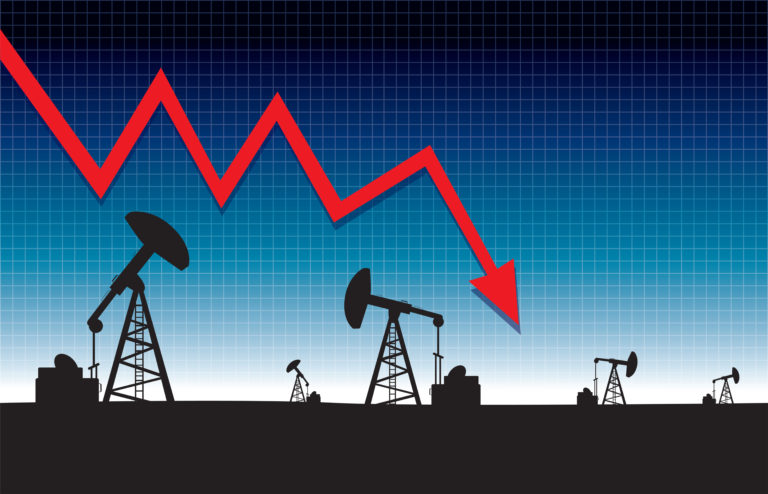This week, we saw that oil prices aren’t the only thing weighing on the stock market. Retail sales and financial uncertainty in the Euro zone played a role in this week’s decline, as the market fell 1.3% for the week.
Monday stocks fell at the opening bell based on a drop that took oil prices below $46 dollars per barrel. The Dow just barely missed a sixth straight day of a
100+ point swing, as it finished down 96 points for the day.
Tuesday the final numbers looked stable, but intra-day volatility was as bad as ever. The market jumped 280 points in the morning thanks to some positive
4th quarter earnings figures, but was down by 150 points in the afternoon once oil prices fell below $45 dollars a barrel for the first time in six years. When the smoke cleared at the end of the day, the Dow was down 27 points.
Wednesday stocks continued their downturn as December retail sales came in at a disappointing level—down almost 1% in a month’s time, the biggest drop in a year. Even though oil prices went UP almost 5% on the day, it was another market disaster—and it was the 4th consecutive losing day for the Dow. That’s the longest losing streak since October. The Dow tumbled 186 points.
Thursday saw a slight panic in the morning, after a sudden, unexpected change in monetary policy by the Swiss National Bank. European indexes fell as much as 11 percent, and the fallout was felt here in the States. Bank of America posted disappointing 4th quarter earnings, and the market continued its losing streak for a 5th day. The Dow fell 102 points.
Friday the market ended its losing streak because of another positive day for oil—prices went up 5%, and closed near $49 dollars a barrel. This was the first time in eight weeks that oil did not lose ground. Preliminary consumer sentiment numbers also rose from December. This news was good enough for investors to salvage the last day of the week, as the Dow went up 190 points.




